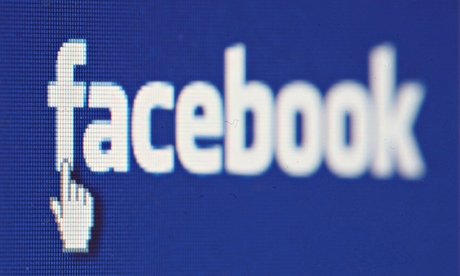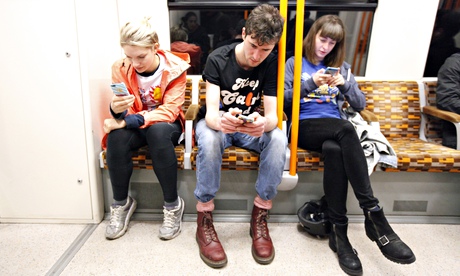Training older people to use social media improves cognitive capacity, increases a sense of self-competence and could have a beneficial overall impact on mental health and physical well-being, according to a study carried out in the UK and Italy.
During the two-year project, 120 elderly and vulnerable people from two regions renowned for the longevity of its populace – the south west of England and the Marche region of central Italy – were given specially-designed computers, broadband connections and training in using e-mail, Skype, Facebook and other social media tools. A control group simply received their usual care.
Researchers found most of those who had the hardware and the know-how reported feeling less isolated because of the connections they could make with relatives, friends and people with shared interests. More surprisingly, they also found those who had begun to use social media performed better in tests to gauge cognitive capacity and personal identity. Some reported that they were mentally and physically healthier than before while, in general, those in the control group steadily declined.
Margaret Keohane, a 70-year-old mother of six and grandmother of 23 from Somerset, said she had been amazed by the transformation she had noticed in herself since she had begun to use social media as part of the study. “It’s brought fun into my life again. It’s changed my life,” she said. “Everyone will tell you, I’m a different person. I’ve lost weight. My hair was grey. It’s blonde again now. I’ve started taking care of my appearance again. My life feels bigger now. I was slipping away into a slower pace of life. I feel invigorated.”
Thomas Morton, of the University of Exeter’s psychology department, who led the Ages 2.0 project in the UK said: “Human beings are social animals, and it’s no surprise that we tend to do better when we have the capacity to connect with others. But what can be surprising is just how important social connections are to cognitive and physical health.
Keohane has multiple sclerosis and uses a wheelchair. She lives in a flat in a complex run by Somerset Care and lost her husband, Mike, six years ago. Some members of her family live abroad. “But now they are all floating there on my computer all the time, even my husband. I can give him a kiss when I want.”
Her Facebook profile picture is a motto: Dream Big...Believe in Miracles. Her “likes” include the vintage television series Dixon of Dock Green and (possibly influenced by her grandchildren) the films Finding Nemo and Up. Among her friends are her son, Tim, who is living away in the Gulf region and dozens of younger relatives who are scattered around the UK.
The study found that around three quarters of those given the computers and training found e-mail and Skype useful. Actually, fewer – less than a half – found Facebook worthwhile. But Keohane finds its an excellent way of keeping watch over her younger relatives. “My grandchildren are all over Facebook. I can keep an eye on them and tell them off when they do something I don’t approve of.”
The ageing population is one of the major challenges facing society. It is expected between 2010 and 2060, the number of people aged 65 and over across Europe will grow from 17% to almost 30% of the total population.
Emma Green, the care technologist from Somerset Care who delivered training to Keohane and others in the study, said she had seen dramatic changes in participants. “I have seen people come of themselves and grow, I’ve seen people start to express themselves again.”
One woman Green trained was delighted to be able to invite an Italian friend around who could take her on an online guided tour of Rome using Google Earth.
Green Skyped one participant from her holiday caravan in Cornwall and he was able to – remotely – join her group around the campfire. “He use to be a keen camper. He loved the chance to join us around the campfire. That was a special moment.”
Figures from the Office for National Statistics shows that the number of over-65s who use the internet increased from 9% in 2006 to 37% in 2013 but Tony Watts, chairman of the South West Forum on Ageing said much more needed to be done.
“The digital divide between the generations is in real danger of becoming a digital gulf, with many older people being left on the wrong side of the revolution that has changed the way society connects and communicates.
“The main barriers for older people have been cost, complexity, fear and relevance… many people tell me they’ve got on perfectly well in life so far without a computer, why do they need to learn now?
“My belief is that we need to get away from the concept of ‘computers’ – instead using tablets that are intuitive and easy to use – and focussing on apps like Skype that demonstrate immediately to people that being online really can enhance the quality of your life.”











